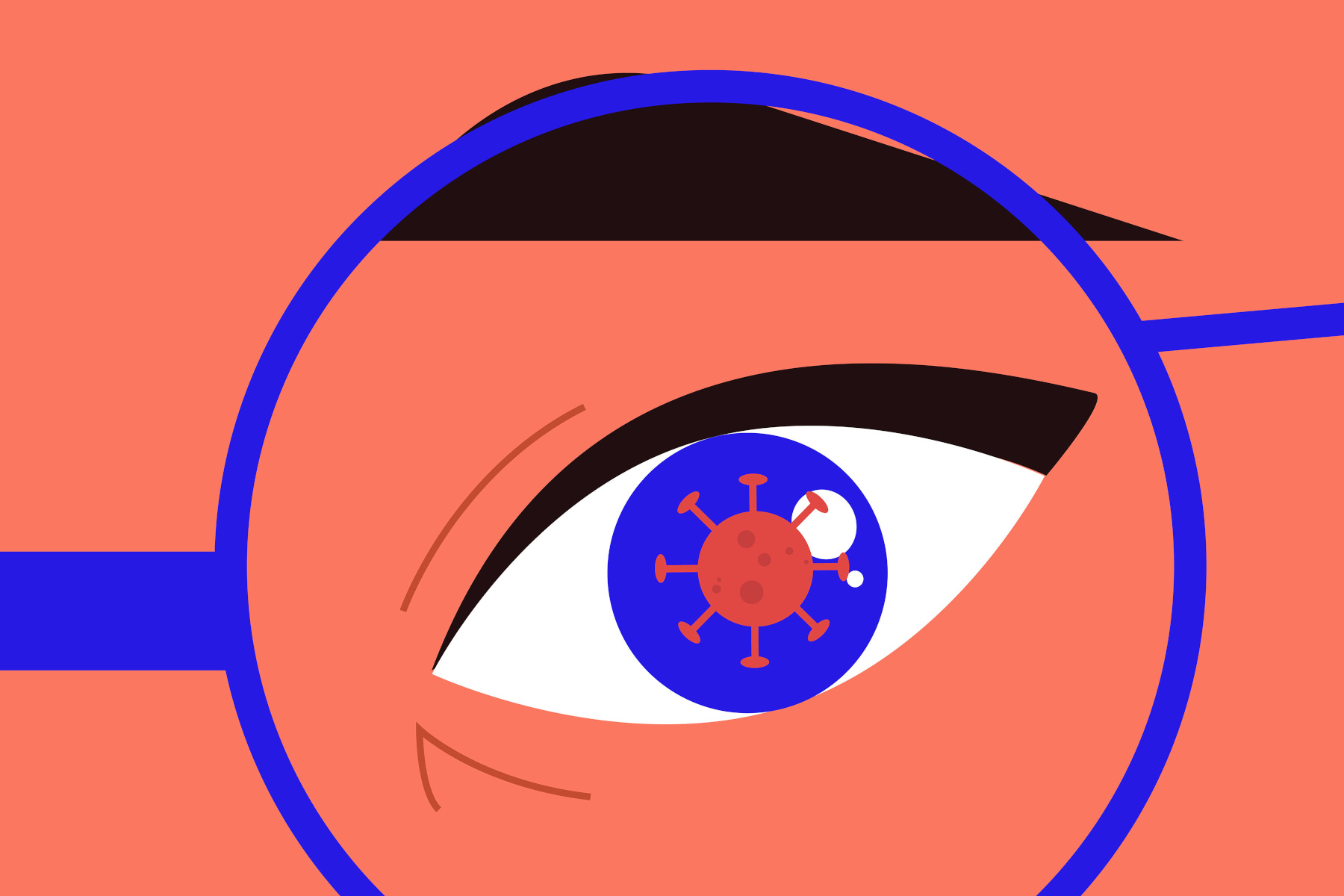In response to April’s removal of mandatory mask mandates in healthcare settings, BC’s health advocacy group DoNoHarm BC, joined by Protect Our Province BC and Masks4EastVan, are leading a campaign to urge the provincial government to reinstate these protections. The groups say that BC health authorities have ignored warnings about ongoing COVID-19 risks and other respiratory threats like measles and tuberculosis.
The decision to remove mask mandates in healthcare settings was announced by the Ministry of Health, “the peak of the respiratory illness season has passed.” Though COVID-19 levels typically lessen in the spring, COVID-19 has not been established as a seasonal illness.
The Peak reached out to Dr. Karina Zeidler who organizes with DoNoHarm BC and is the co-founder of Protect Our Province BC for more information. Zeidler referenced a research article from BC Medical Journal which noted that “for some of these most vulnerable patients, the air in the hospital can be deadlier than the diagnosis that brought them in.” This is due to hospital acquired infections, which can then lead to COVID-19 deaths.

